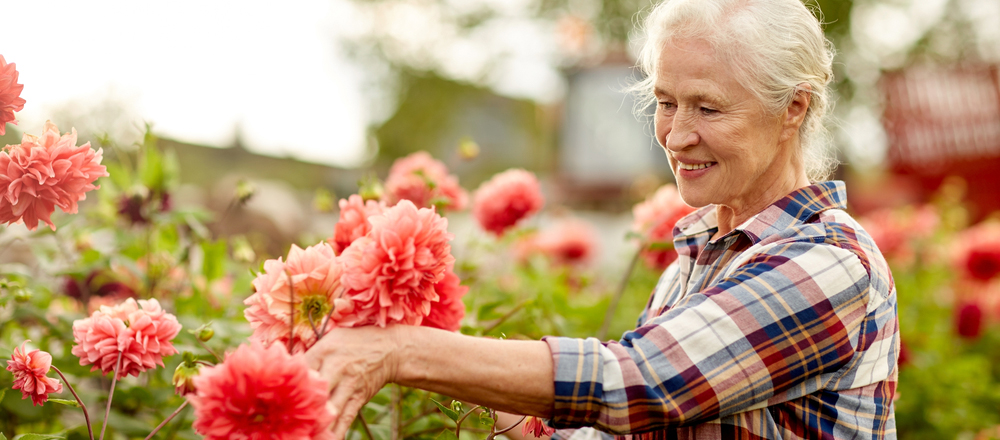If you’ve ever thought about trying to make your senior living community a little more “green,” April is a great time of year to get started. With spring in the air and Earth Day coming up on April 22, it’s like nature’s way of reminding you to adopt some new green habits. Here are some ideas to get you started.
Plant a Garden. It may not seem like one or two flowers could make much of a difference, but all plants have a positive impact on the environment. The more the merrier! If your community has a communal garden, find out if there’s an empty plot for you to tend. You can also buy a window planter and start a small garden for you to enjoy in your apartment.
Open the Window. Letting in the balmy spring breeze may not reduce your community’s environmental footprint, but it sure helps create a greener living environment! Many seniors find it difficult to spend time outdoors, but open windows help bring a little of the outdoors to you. We can all benefit from a daily dose of fresh air.
Switch to LED. The lightbulbs you choose make a big difference in your energy use. Swap any fluorescent or incandescent bulbs in your apartment for LED bulbs. LEDs are 15% more efficient than fluorescents, and those savings are multiplied for every person in your community who makes the switch. Just make sure you ask maintenance to help change any hard-to-reach bulbs.
Buy Organic. If you’re still buying some of your own groceries, reach for organic produce in the grocery store. Organic produce is more sustainable, has less environmental impact, and it’s also better for your body! A balanced diet rich in fruits and veggies is critical to health and well-being as you age.
Reduce Waste. We’re all guilty of our eyes being bigger than our stomachs at mealtime. But leaving food on your plate only for it to go straight into the trash is wasteful. If you’re a repeat offender, make a conscious effort to ask for only as much food as you will actually eat. Not sure how hungry you are? Start small and ask for seconds if you’re still hungry.
Recycle. Your community provides recycling bins in communal areas, but how good are you about recycling in your apartment? Brush up on your recycling knowledge—what’s recyclable, what can be composted, and what truly belongs in the trash—and find a recycling bin if you don’t already have one. Encourage your neighbors to brush up on their recycling habits as well!
Making small changes to your personal habits can have a positive impact on your community’s overall environmental footprint—not to mention your personal wellbeing! If you’re feeling really ambitious, recruit a few friends and spearhead a new green community initiative to get everyone involved in “living green.”

Comments are closed.